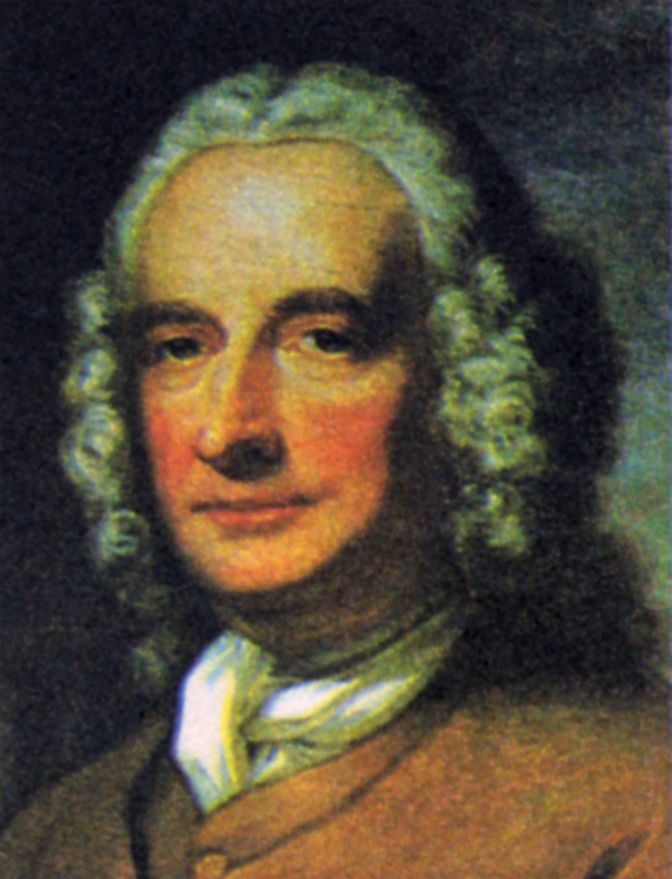Today is Henry Fielding‘s birthday (1707 – 1754).
Here’s Frye on Jonathan Wild in Notebook 36:
Jonathan Wild has suggested three main ideas. First, Wild is an ironic pharmakos, treated explicitly as a counterpart to “greatness.” What happens to him ought to happen to all “great” men: Wild is obviously criminal only because society is still too strong for him: he’s a hero, a Caesar or Alexander, in an ironic context. Second, the book is satire & comic rather than tragic irony, because Fielding’s norms are unmistakable: passages that would represent a complete breakdown of the ironic pretense (e.g. the description of Bagshot) if they appeared in, say, Flaubert, are in decorum here, where the tone is the militant counterpart of irony, the satiric descent of fantasy on a moral canto fermo. Third, the Mrs. Heartfree episode, which is typical of romance when the central figure is female & instead of killing dragons she fends off fucks. Cf. Spenser’s Florimell & Morris’s Birdalone. One might call it a quest of the perilous cunt. Very sharp counterpoint between the realism of JW [Jonathan Wild] & his whorish bride & this corny romanticism in which Mrs. H. gets through a dozen assaults unplumbed & returns “unsullied” to her husband. A good deal is said about Providence: Providence & Fortune are the existential projections of comic & tragic forms respectively. (CW, 23, 249)

